Trending Assets
Top investors this month
Trending Assets
Top investors this month
Fed watch | Credit creation, cause and effect | January 18th 2023
The Federal Reserve buys and sells securities and sets interest rates to influence: borrowing costs, lending activity, price stability, and productivity, with varying effects.
•••
I also share this weekly update as a thread on Twitter if you prefer that.
Latest data: January 18th 2023
TLDR: Last week, the Fed trimmed $6bn net from its Treasury security holdings and $418m from its mortgage-backed security (MBS) holdings. The total amount of Reserve Bank credit shrank by $4bn net.
- The 10-year Treasury yield fell by 17bp to 3.37%
- The 30-year fixed-rate mortgage fell by 15bp to 6.33%
- The market expects the federal funds rate to peak at 4.75–5%
•••
The Federal Reserve buys and sells securities
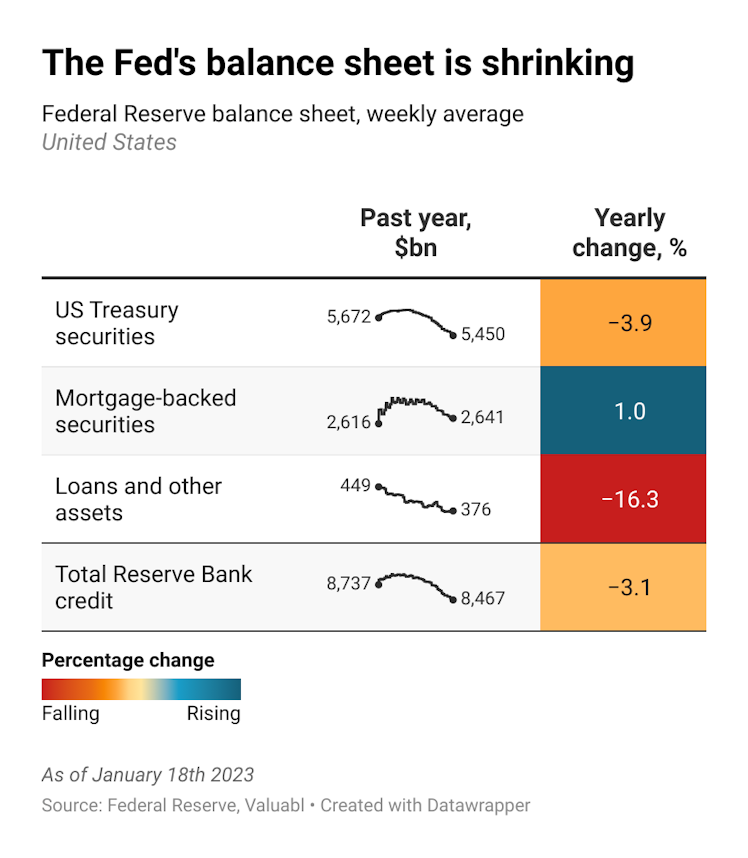
And sets interest rates
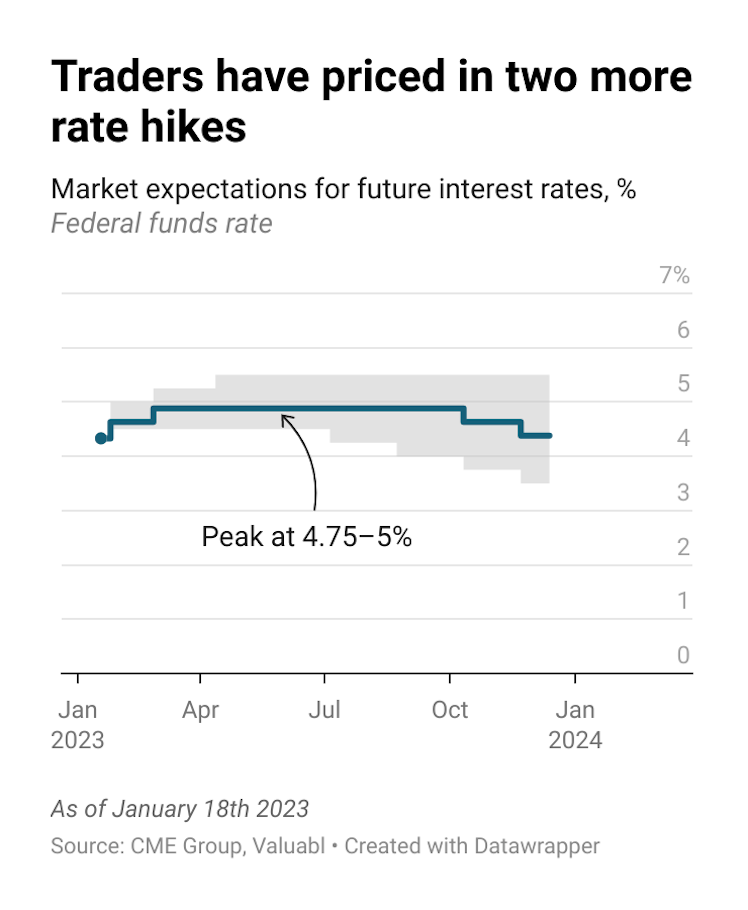
To influence: borrowing costs
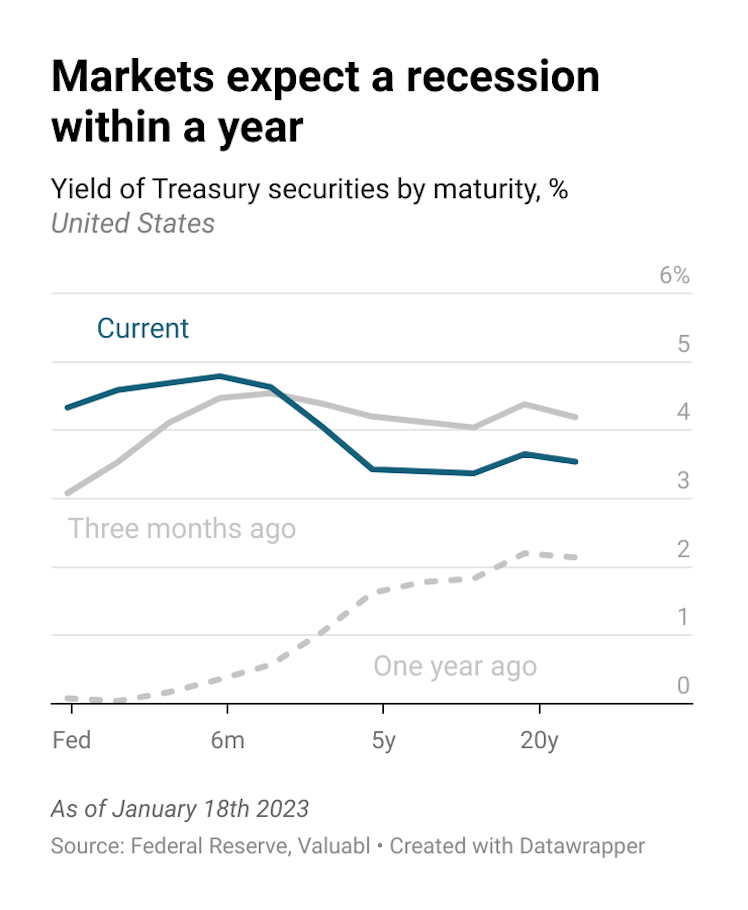
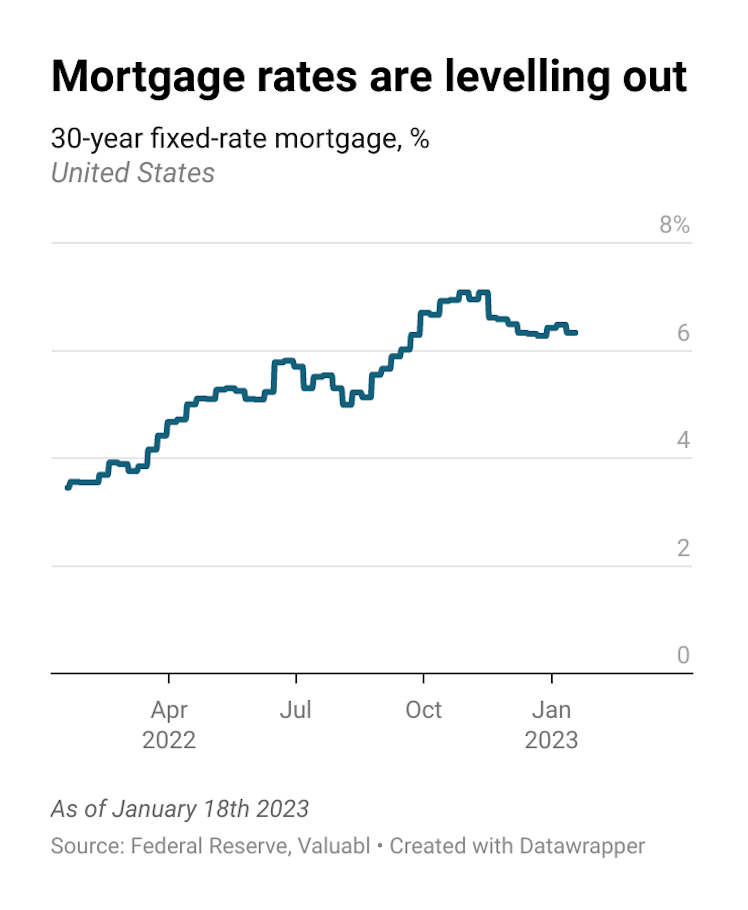
Lending activity
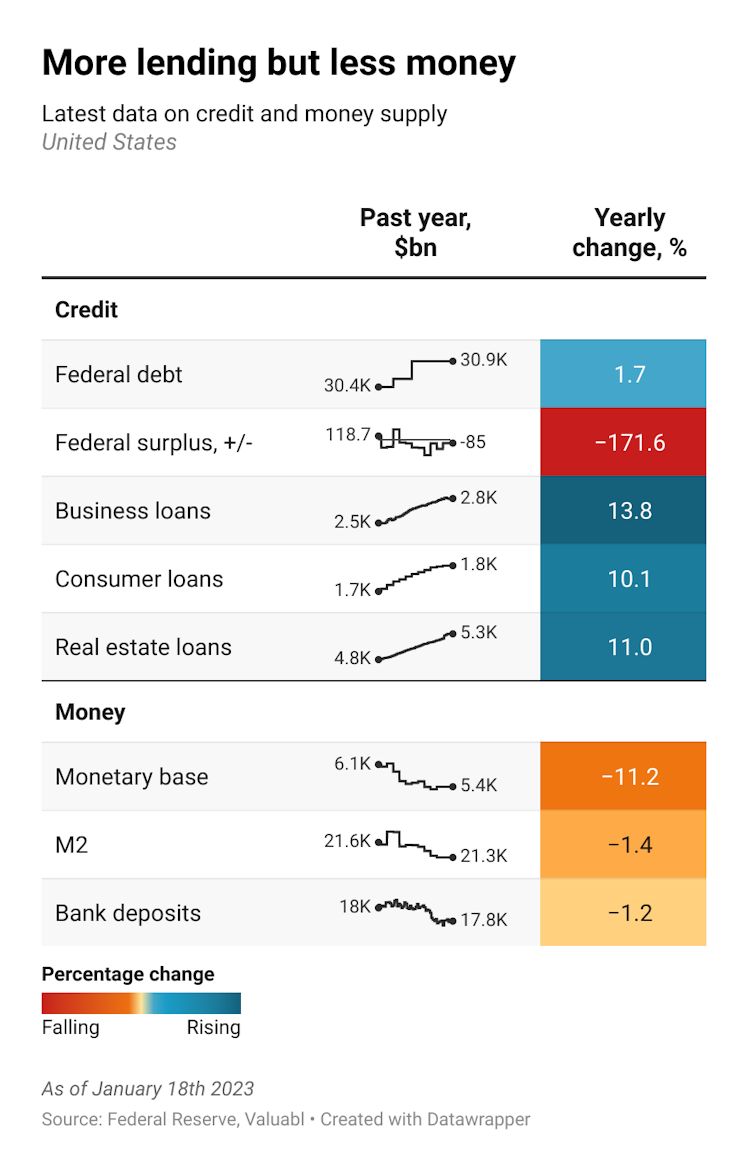
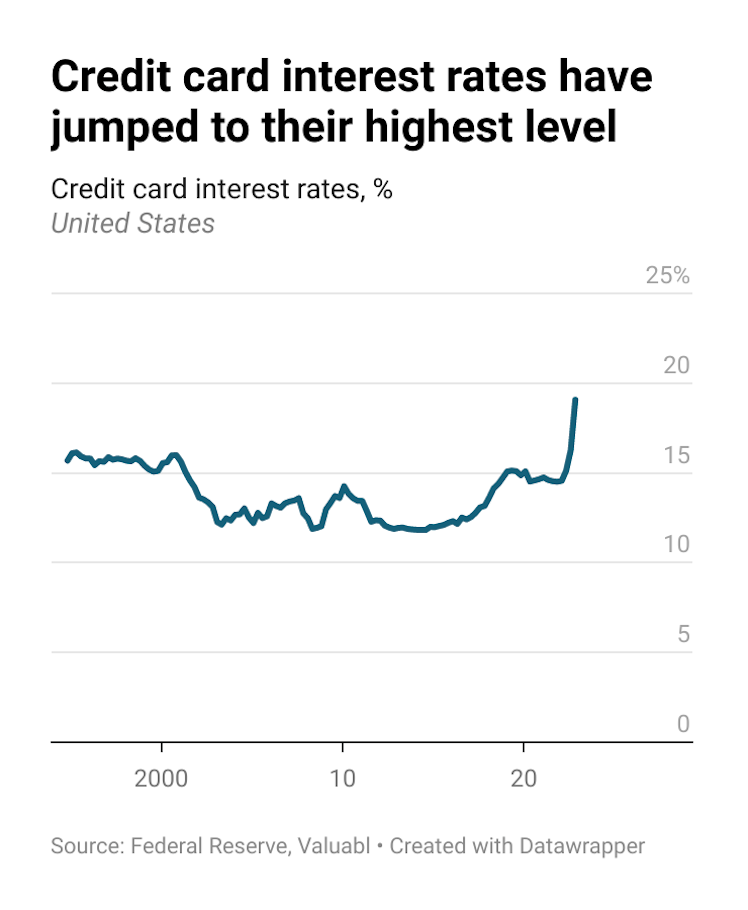
Price stability
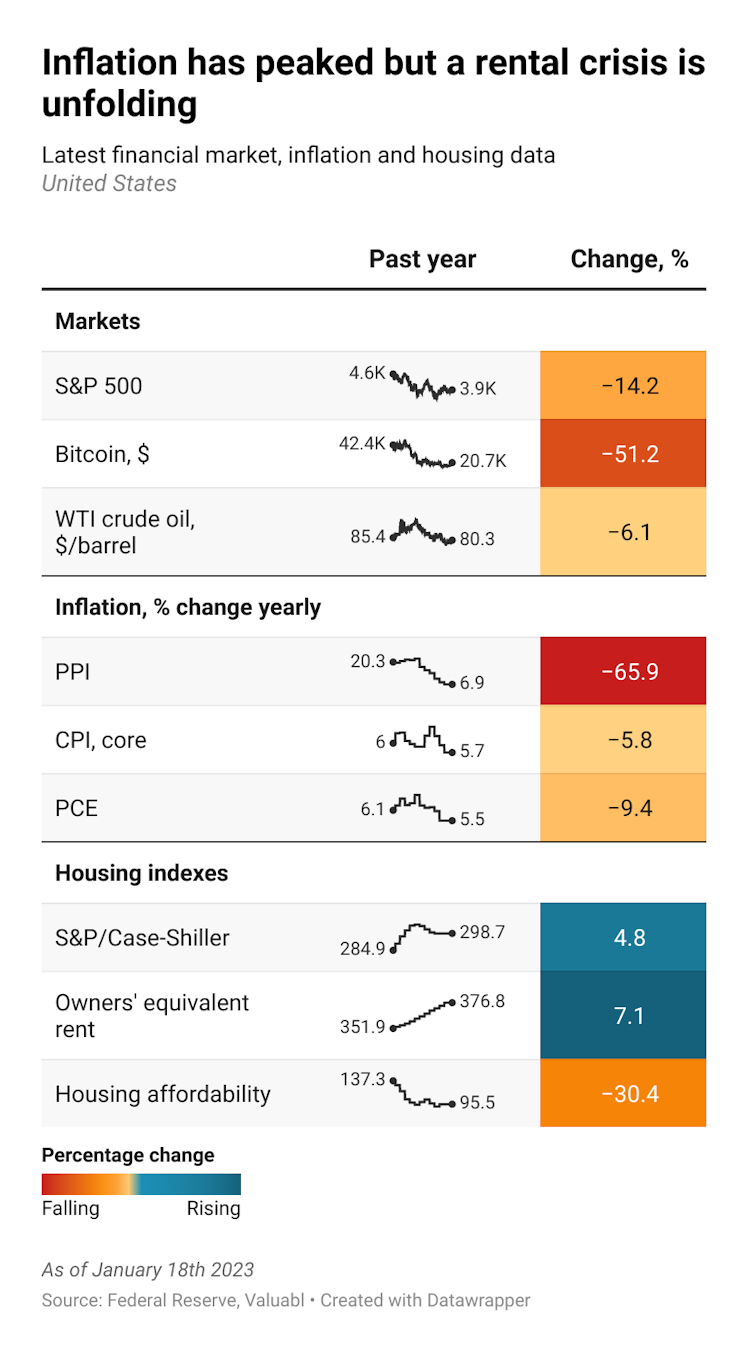
And productivity
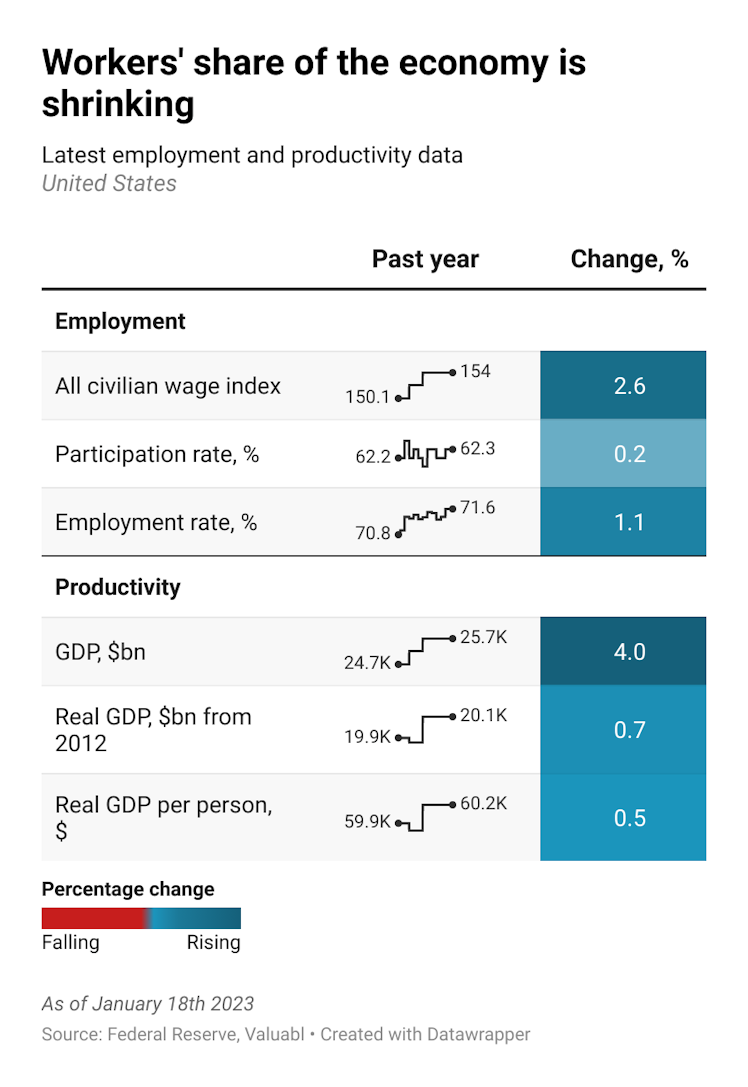
With varying effects
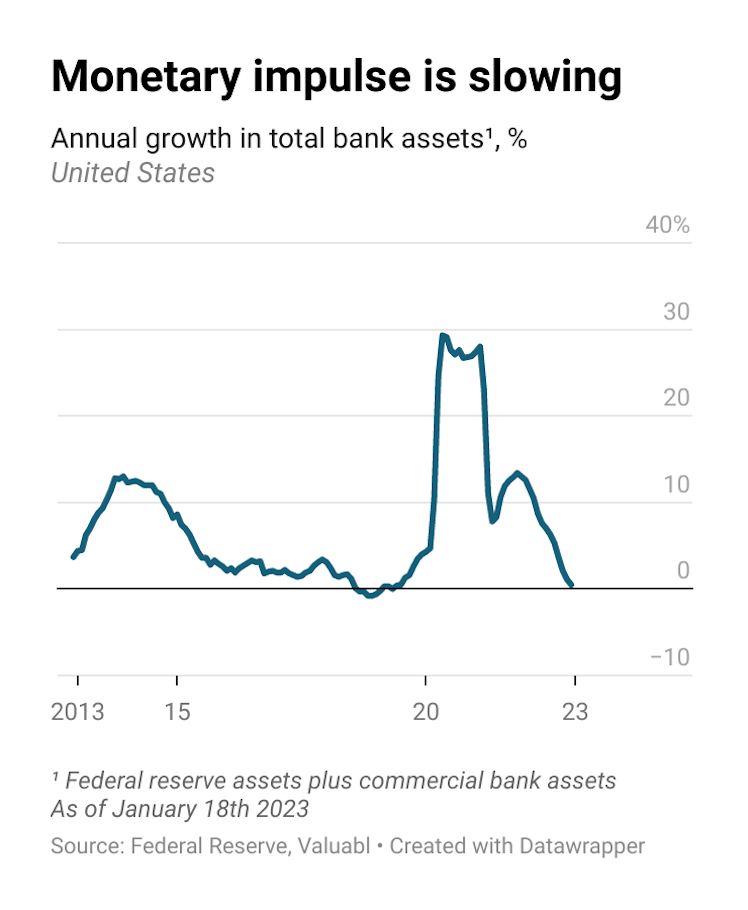
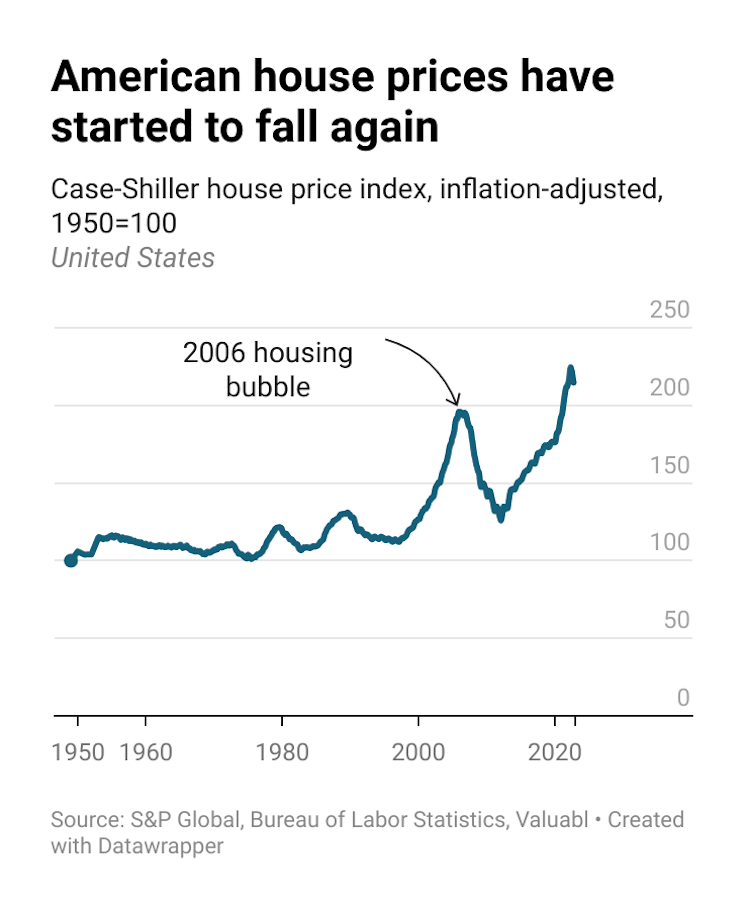
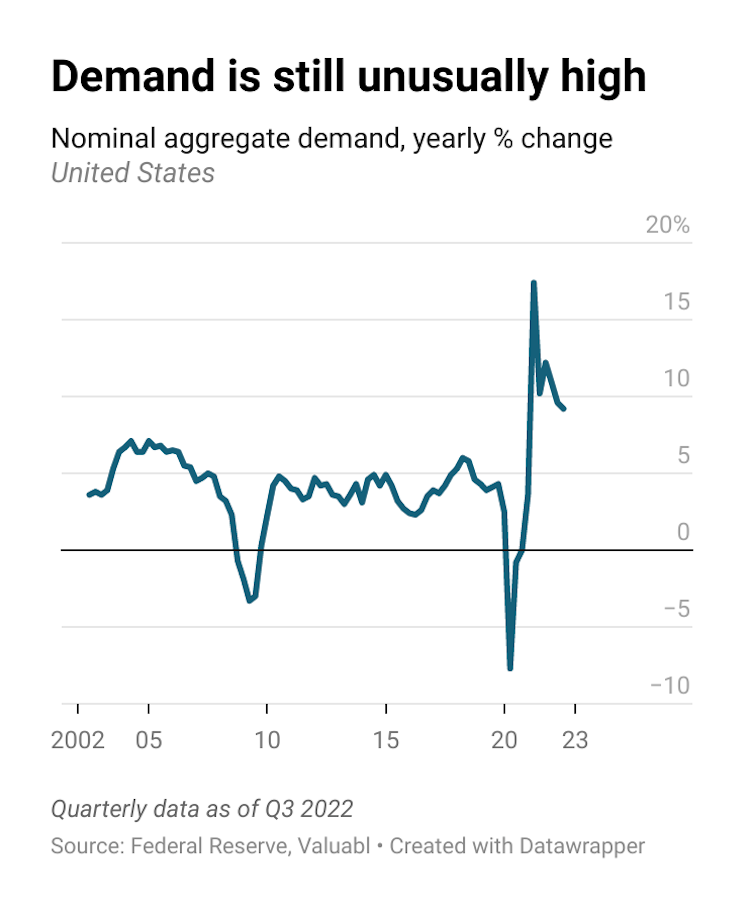
•••
Why is this gobbledygook relevant?
The Federal Reserve creates money and uses it to buy bonds. They do this to push interest rates down and to put more money into the economy. Low rates mean people can borrow more, spend more, and afford higher prices. More spending and higher prices mean people feel rich, and businesses hire new employees.
But, if prices rise too quickly or people borrow too much, the Fed does the opposite. It sells the bonds it has and then destroys the money it receives. These sales push interest rates up and take money out of the economy. Higher rates mean people can't borrow or spend as much and must pay lower prices. It makes people feel poorer than before, stops them from being able to spend as much, and makes businesses trim employment.
In addition to this, the Fed borrows and lends to banks. If a bank doesn't have enough money for a day or two, it can borrow from the Fed. If it has too much, it can lend to the Fed. A group of people who work for the Fed, the Federal Open Market Committee (FOMC), decide the interest rate that the Fed will pay for, or demand of, these short-term loans.
The Fed does these because they believe in two objectives: first, a low and stable inflation rate is good for the economy, and second, that minimising unemployment is desirable.
FAQs
Why do you look at weekly average balance sheet data instead of the Wednesday level?
It takes time for asset settlement to occur. The holdings on any given day will fluctuate wildly—especially given that the Fed owns almost $9trn of assets. The weekly average is smoother and more indicative of the monetary policy trend.
Sources
- Fed balance sheet h.4.1 weekly releases - federalreserve.gov/releases/h41/
- Raw data - fred.stlouisfed.org
- My newsletter - valuabl.substack.com
Notes
- I will update this data weekly, usually Friday morning British time
- Let me know in the comments if you would like something changed or added
- I also share this weekly update as a thread on Twitter if you prefer that.
X (formerly Twitter)
Valuabl (@ValuablOfficial) on X
The Federal Reserve buys and sells securities and sets interest rates to influence: borrowing costs, lending activity, price stability, and productivity, with varying effects.
Here's what happened to the monetary policy and economy this week...
1/10
Already have an account?